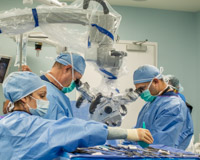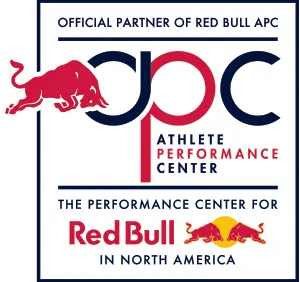By Dr. Joseph Horrigan | Huffington Post | View Full Article
Treating a concussion in a young athlete is different than treating a concussion in a college or professional athlete. A young athlete’s brain is still developing and while we don’t know the long term effects of a concussion on a developing brain, there are ways to see the signs and symptoms as described in Dr. Horrigan’s latest article for the Huffington Post. In the piece, Dr. Horrigan describes “cognitive rest,” which means the youth must not text on the phone, play video games, watch TV, read or study. Doing those types of things can delay the recovery of a concussion, because of the cognitive demand of the activities. The concussed youth must also reduce physical activity. Parents should watch for early concussion symptoms like difficulty understanding homework, having a hard time finding the right words, inability to complete tests in an allotted time, and compromised memory of school materials or events that happened before or after the concussion.
Click here to read Dr. Horrigan’s entire Huffington Post article on concussions in young athletes.

About the author
discmdgroup DISC Sports & Spine Center (DISC) is a national leader in minimally invasive spine surgery, orthopedic surgery, and sports medicine care. Our spine surgeons set the standard in artificial disc replacement, spine fusion, discectomy, microdiscectomy and the full spectrum of spine procedures. The group’s orthopedic surgeons advance the state of joint preservation surgery and total joint replacement, including total knee replacement as well as total hip replacement. Our flagship surgery centers based in Newport Beach, Marina del Rey, and Carlsbad serve patients local to Los Angeles, Orange County and San Diego, as well as the rest of the country. Read more articles by discmdgroup.




